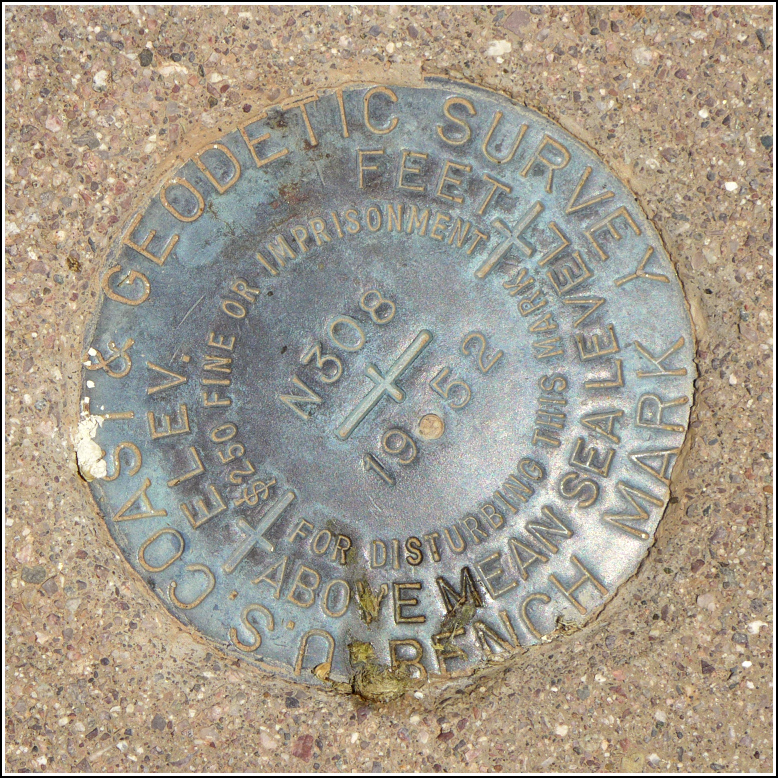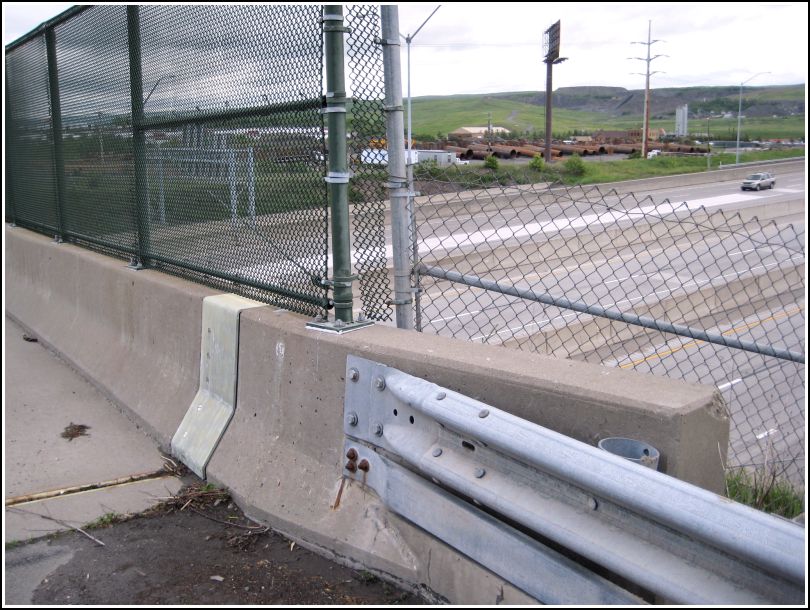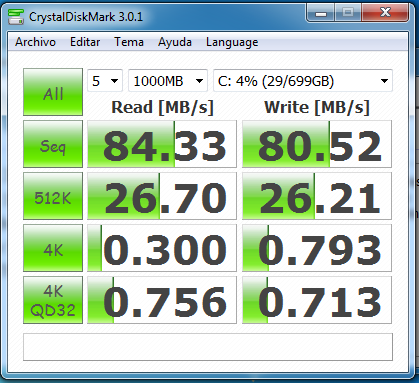

What happened after I reformatted it (not quick formatted) was that there was a big block of bad sectors in the middle of it. I dropped an old IDE 1GByte hard drive once. However your installation or some programs within will probably not be useable if CHKDSK /f found things to fix. This isn't supported by Windows ( fsutil can set it but not clear it), so you will have to take the hard drive to another system and perform the steps here.

If Windows is forcing you to run CHKDSK on this during each boot, you can override that by clearing the "dirty" bit. The problem is that some portion of your current Windows installation may be on those damaged sectors. Use the Mark as Flash Disk button to mark disks as Flash.I'm looking for some tool that preferably non-destructively(to preserve current Windows/apps installs) You don't need a reboot after activating the advanced option. To mark Storage Devices as Flash, open the vSphere client and navigate to ESX > Configure > Storage > Storage Devices.

# esxcli system settings advanced set -o /Disk/AllowUsbClaimedAsSSD -i 1 Use the following command to allow claim rules to mark USB disks as SSD. You can also set the configuration from the command line. Search for Disk.AllowUsbClaimedAsSSD and set the Value to 1 Navigate to ESX > Configure > System > Advanced System Settings and click Edit. Option 1: Set Advanced Option using vSphere Client To allow claiming of USB drives has SSD, set the advanced option Disk.AllowUsbClaimedAsSSD to 1.

You have to configure an advanced setting in ESXi to allow USB disks to be claimed as flash. The error message is misleading as the issue is not the disk being in use. "Unable to configure the disk claim rules. Cannot mark disk mpx.vmhba33:C0:T0:L0 as "Flash". When you try to mark USB-based Storage Devices as Flash in ESXi, the following error is displayed:Ĭannot change the host configuration.


 0 kommentar(er)
0 kommentar(er)
